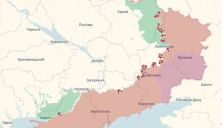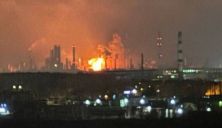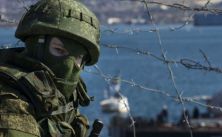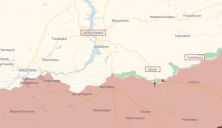Over the past six months, due to the situation in Ukraine, there has been a change in external political thinking in German society and other countries of continental Western Europe. This is evidenced by the decision of the European Commission on the visa ban for Russians. Andreas Umland, a German political scientist, an analyst at the Stockholm Center for Eastern European Studies expressed this opinion on the FREEDOM TV channel.
He commented on the complication of issuing visas to Russians:
“Now there is no longer such a gap that used to be between the Central Eastern European countries and Western European continental countries.”
According to the political scientist, the countries of Central and Eastern Europe, including Finland, wanted a tougher decision regarding Russian tourists. In Germany, there was a slightly different philosophy – they believe that the trips of Russians to the European Union are somehow useful:
“Nowadays, they have found a compromise solution that the regime or the process of issuing visas will be complicated. In principle, national states will decide what kind of visas they will issue… Now, in any case, it is difficult for Russians to leave, because it is not so easy to get to the European Union by transport.”
Umland also noted that now Ukraine has finally become an understandable state for Western Europeans:
“There has been a political shift in Europe. However, I am afraid that we should not expect a quick accession to the EU yet. The accession negotiations, as a rule, last for many years – on average from 7 to 10 years. Maybe Ukraine will be able to speed it up, but it depends on it.”
Earlier, Ukraine President Volodymyr Zelenskyy’s call for Russian citizens to be banned from entering the EU ignited a major debate in Europe.
Lately, European Union foreign ministers have agreed to suspend a visa agreement with Moscow, making it harder for Russian citizens to obtain entry to the bloc.
More than a million Russian citizens have travelled to the EU since the invasion of Ukraine in February.
Several eastern EU countries that border Russia is expected to impose further restrictions.
Read also: 16.5 million US dollars per hour spent by Russia for war in Ukraine (VIDEO)













